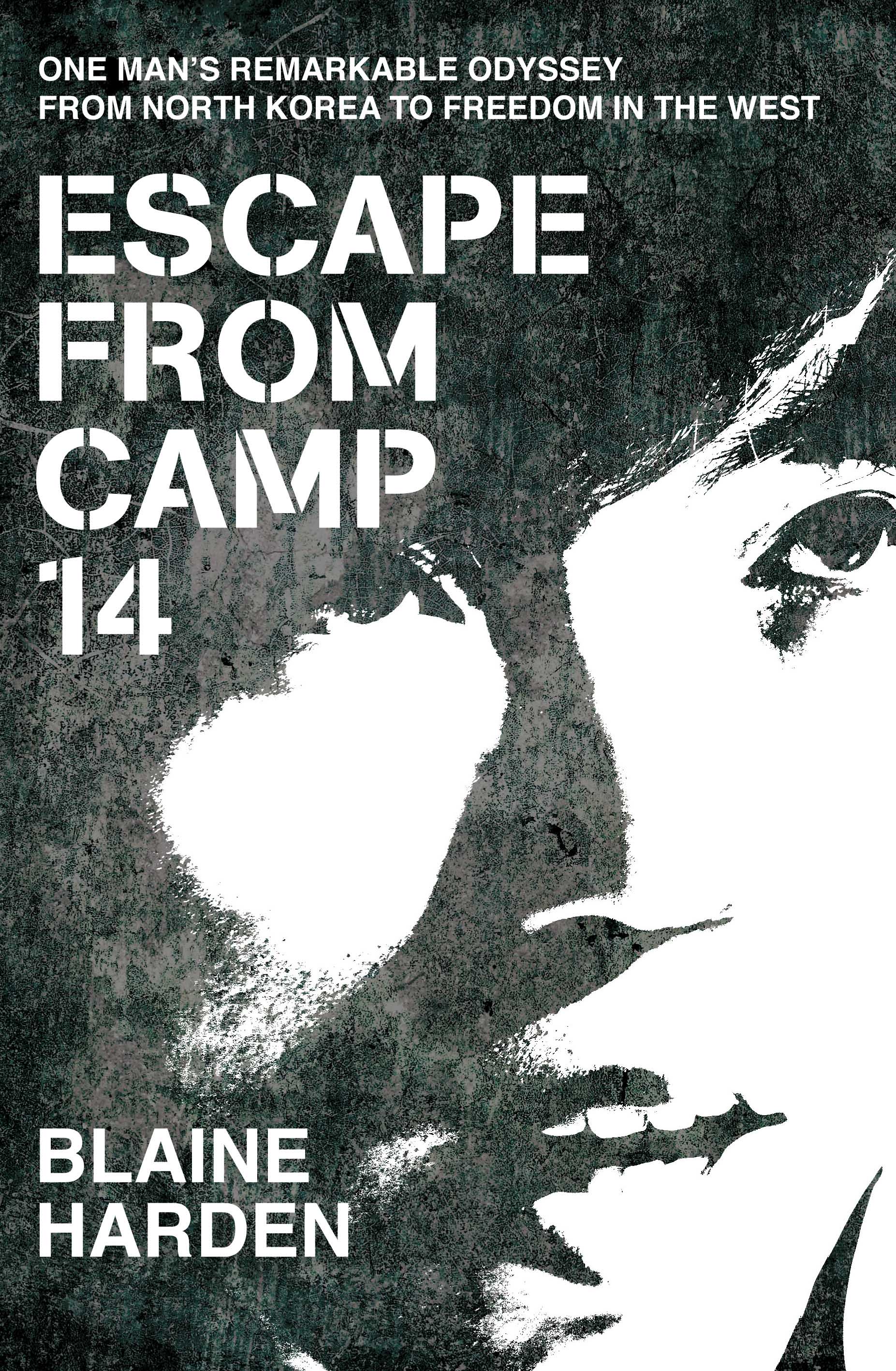“I escaped physically, I haven’t escaped psychologically,” says Shin Dong-hyuk. His remarkable journey out of a deadly North Korean prison to freedom is chronicled in Escape from Camp 14 by Blaine Harden. Shin didn’t escape for freedom. He had little knowledge of such a concept. He had heard that outside the prison, and especially outside North Korea, meat was available to eat.
Shin was born at Camp 14 in 1982 and was strictly forbidden to leave because of the sins of his family line against the state. His crime? Long before his birth, some of his relatives defected to South Korea. He was constantly told he could repent of his sins for hard labor and hunger. “Enemies of class, whoever they are, their seed must be eliminated through three generations,” declared Supreme Leader Kim Il Sung in 1972. Before his escape, Hardin summed up Shin’s prison experience:
His context had been twenty-three years in an open-air cage run by men who hanged his mother shot his brother, crippled his father, murdered pregnant women, beat children to death, taught him to betray his family, and tortured him over a fire.
Shin, who had no understanding of a moral code or hadn’t heard the word “love” was also a snitch. In fact, he had told the guards his brother and mother had talked about escape. After Shin himself was tortured, his brother and mother were executed. Shin at first, had not told the free world about snitching on his family in the camp, and only later confessed the truth. The North Koreans prison camps are laboratories that encourage constant snitching, where betraying and ratting out others is often the only way to survive.
Because he was an undesirable to North Korea, Shin was not subjected to North Korean political propaganda. While in prison, he had no understanding of North Korea’s leaders or communist system. When he escaped into China and first heard Voice of America and Radio Free Asia he had no context for the broadcasts of the evils of North Korea’s government or their propaganda lies. Unlike most North Korean defectors he did not have to be reprogrammed, but because of his brutal prison experience his transition was and remains extremely difficult.
While in prison, he met a prisoner named Park, who was once a well connected North Korean political official. Park knew about the outside world and had been to different cultures and countries. Shin was tasked by the prison officials with befriending Park and snitching on him. Shin, for once, decided not to betray Park. He decided these new stories of an outside world and places where food was readily available was more important than any temporary rewards that might come through snitching. Shin had never heard of Pyongyang, North Korea’s capital.
Just before he met Park, part of his middle right finger was cut off for dropping a sewing machine. Shin and Park decided to escape but Park was instantly killed by an electric fence. Shin was badly burned, but was able to flee the camp. Without Park, who had all the contacts and knowledge, Shin had virtually no awareness of where to go and what to do. Miraculously, he was able to bribe his way into China with stolen food. And after doing farm work in China for months near the North Korean border he was able to travel by train and look for work in other Chinese cities. It was in Shanghai, where a South Korean journalist just happened to meet him at a Korean restaurant. The journalist understood the significance of Shin’s experience and tale. He smuggled Shin into the South Korean embassy in Beijing. The only prisoner of Camp 14 to ever escape to the free world, his story has brought new light on the horrors inside North Korea.
He is deeply involved in the North Korean human rights movement and has expressed frustration at the world’s indifference to the suffering there, especially South Korea’s indifference. Hardin explains:
‘I don’t want to be critical of this country,’ Shin told me the first day we met, ‘but I would say that out of the total population of South Korea, only .001 percent has any real interest in North Korea. Their ways of living do not allow them to think about things beyond their borders. There is nothing in it for them.’
Shin, who often speaks at Christian churches across the world, admits his transition has been extremely difficult. “I’m still evolving from an animal to human,” he says.
There is little doubt that Shin’s story is helping to raise awareness of the brutal and dehumanizing existence inside North Korean prison camps. The North Korean government refuses to admit such prisons even exist. “There is no ‘human rights issue’ in this country, as everyone leads the most dignified and happy life,” says the [North] Korean Central News Agency.
The death camps in North Korea have now lasted twice as long as Stalin’s Soviet gulags. Amazingly, they still garner little attention from the free world. In 2005, President Bush made The Aquariums of Pyongyang required reading for his Cabinet. The book by Kang Chol-Hwan and Pierre Rigoulot, is an account of the imprisonment of Kang Chol-Hwan and his family in a North Korean concentration camp. President Bush who publicly met with Kang, called the book, “One of the most influential I read during my presidency.”
North Korea’s barbarism when it comes to human rights is a reminder of the enduring value of free people, free expression, and free government. For North Korea too, as Solzhenitsyn once declared, “In our country the lie has become not just a moral category but a pillar of the State.” North Korea has often been described as the world’s largest prison and Shin’s account is a riveting and important reminder that millions are enslaved today.

